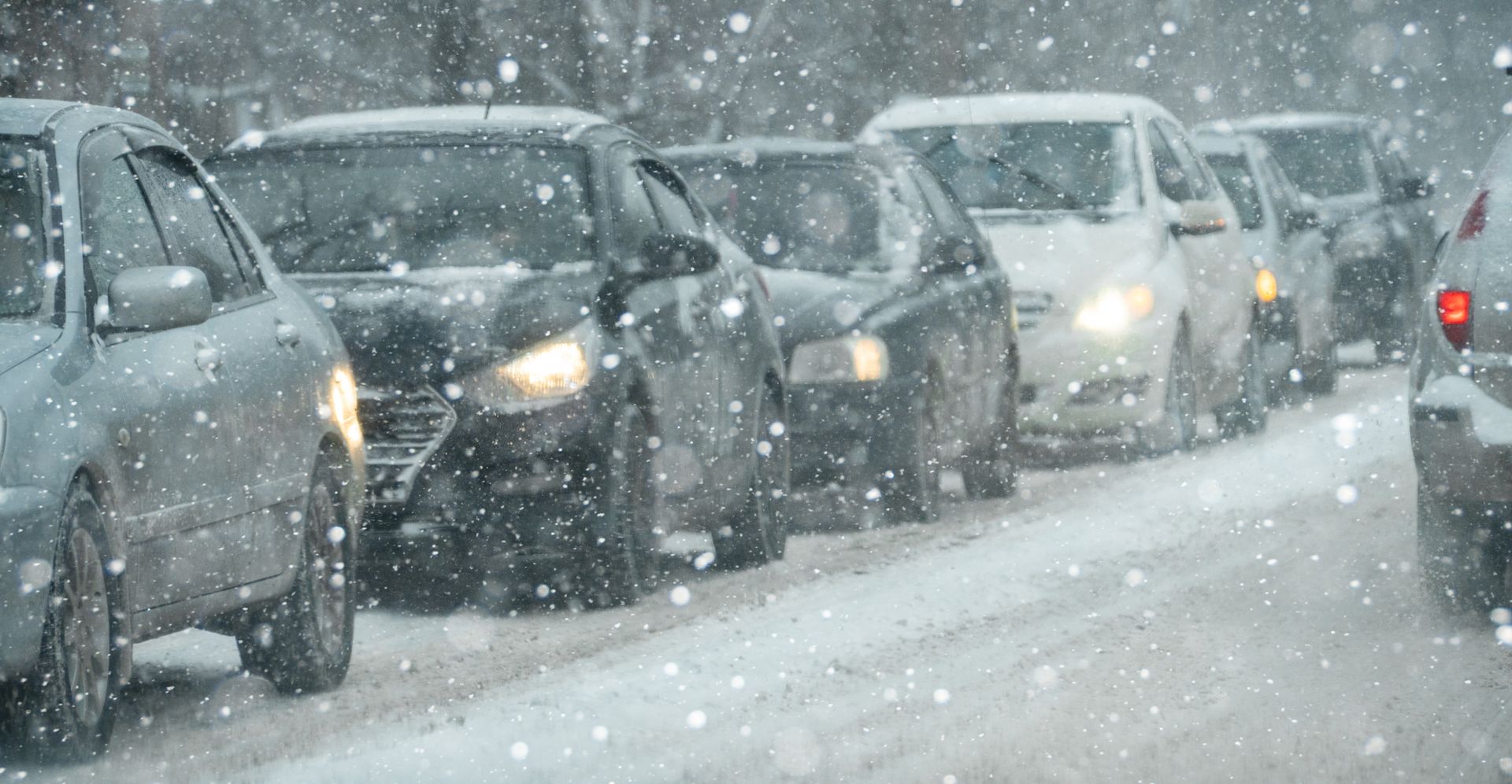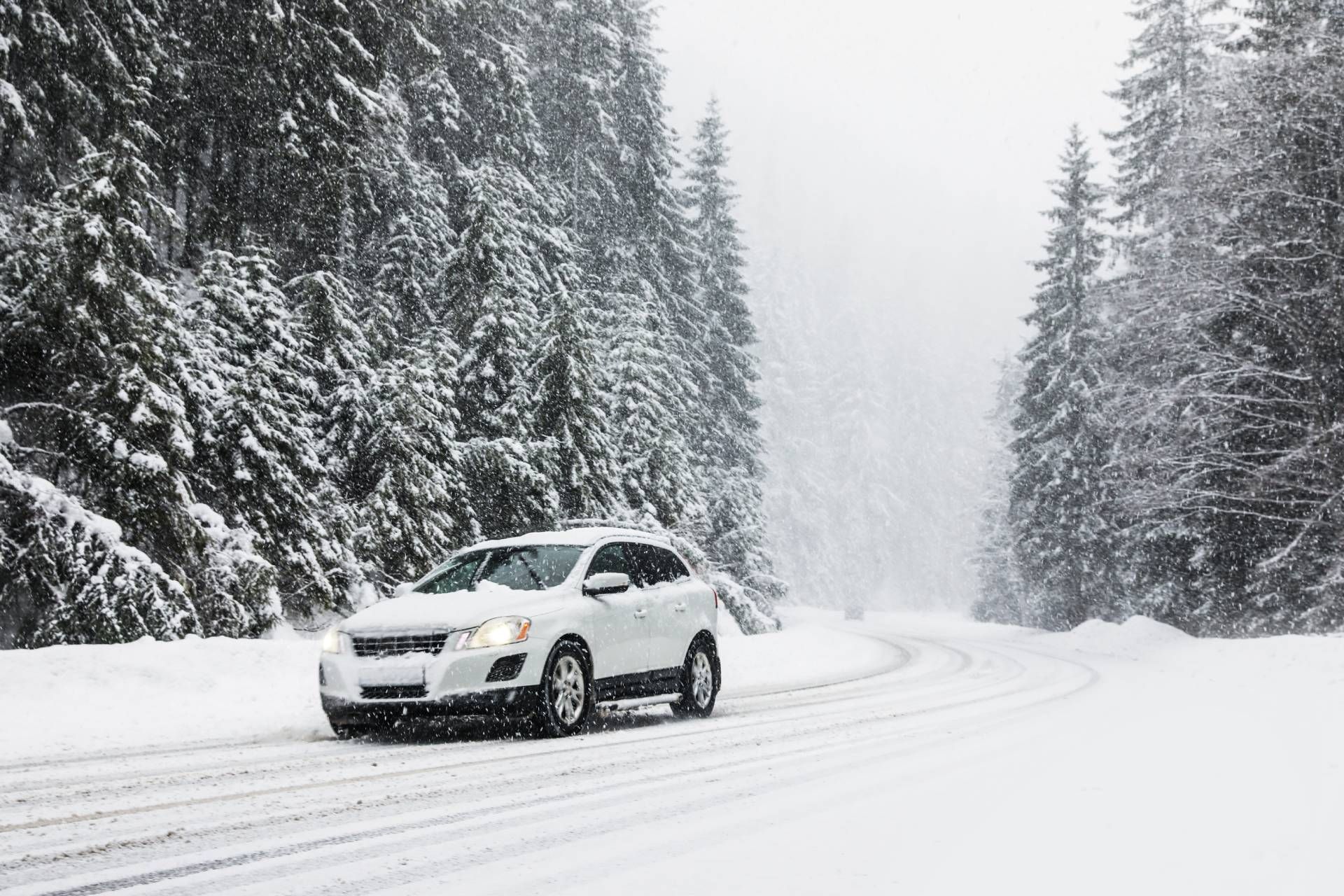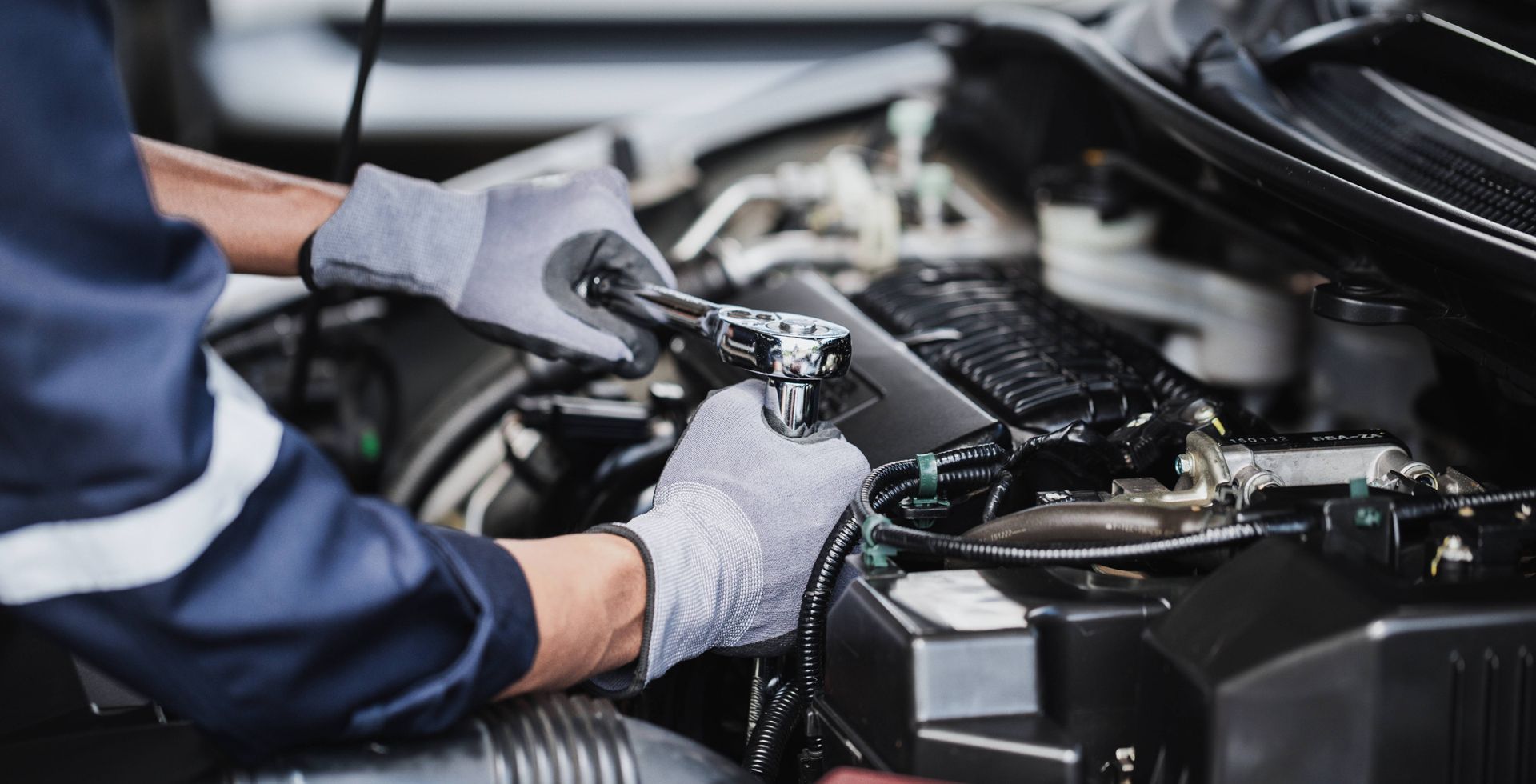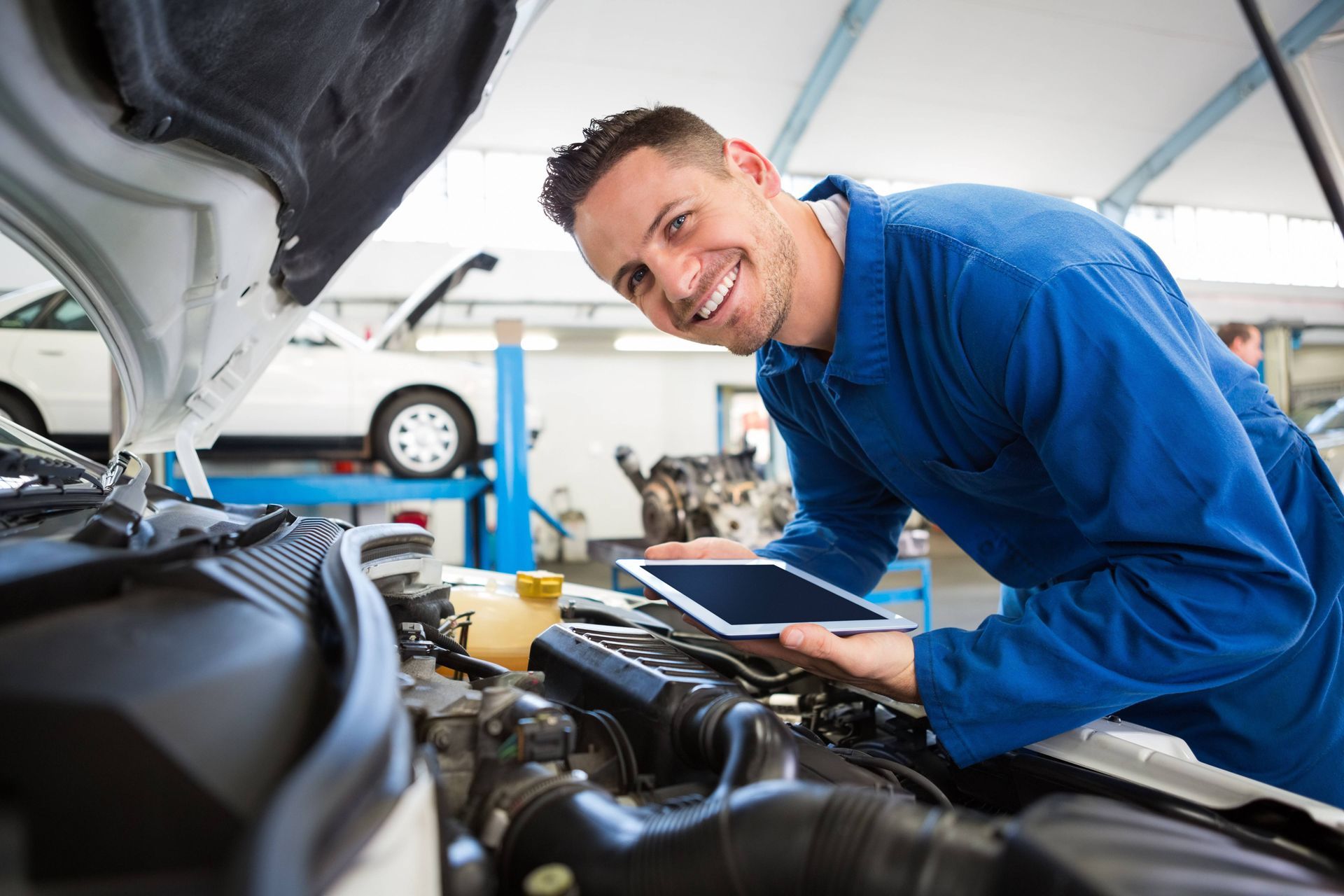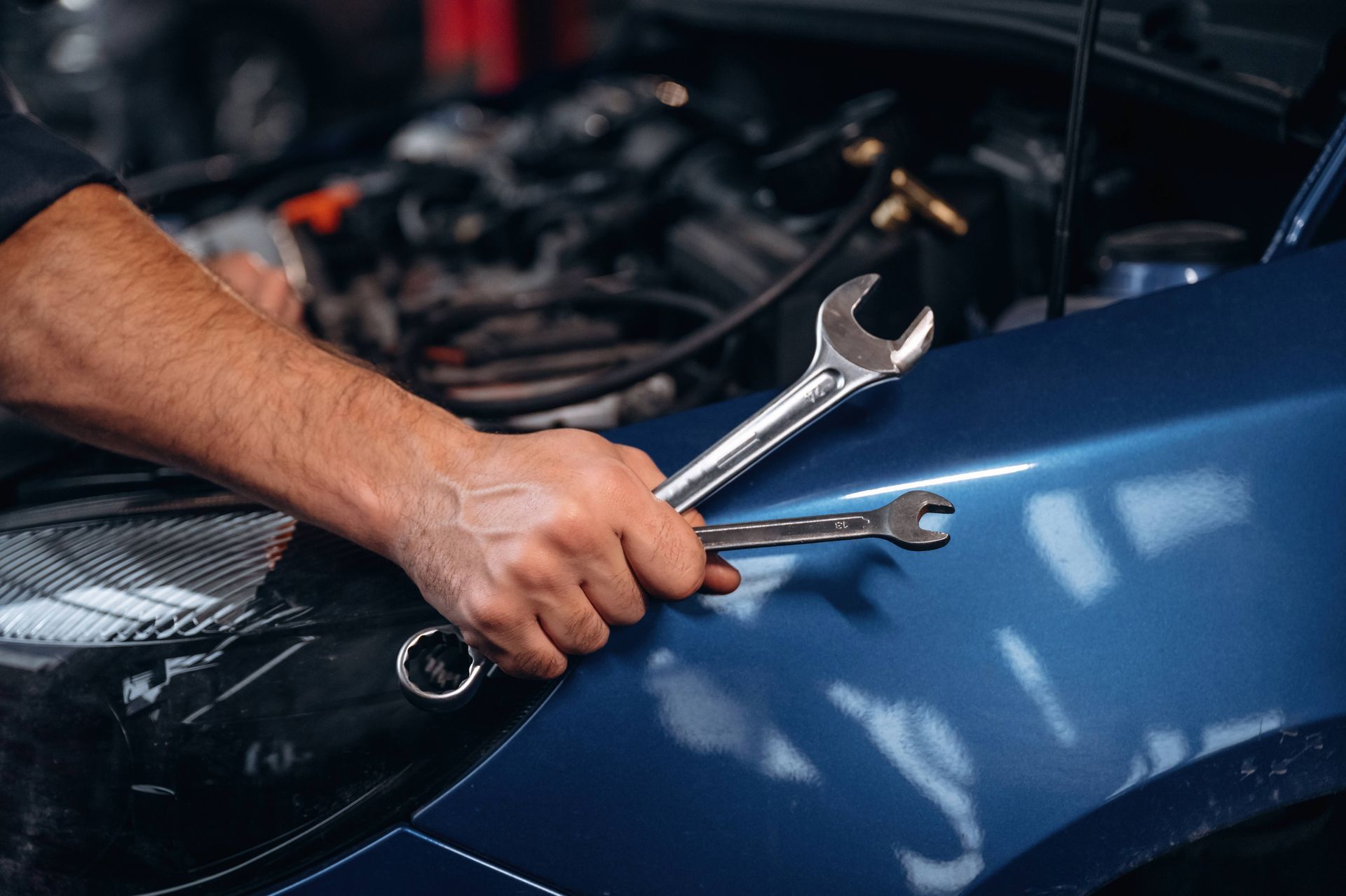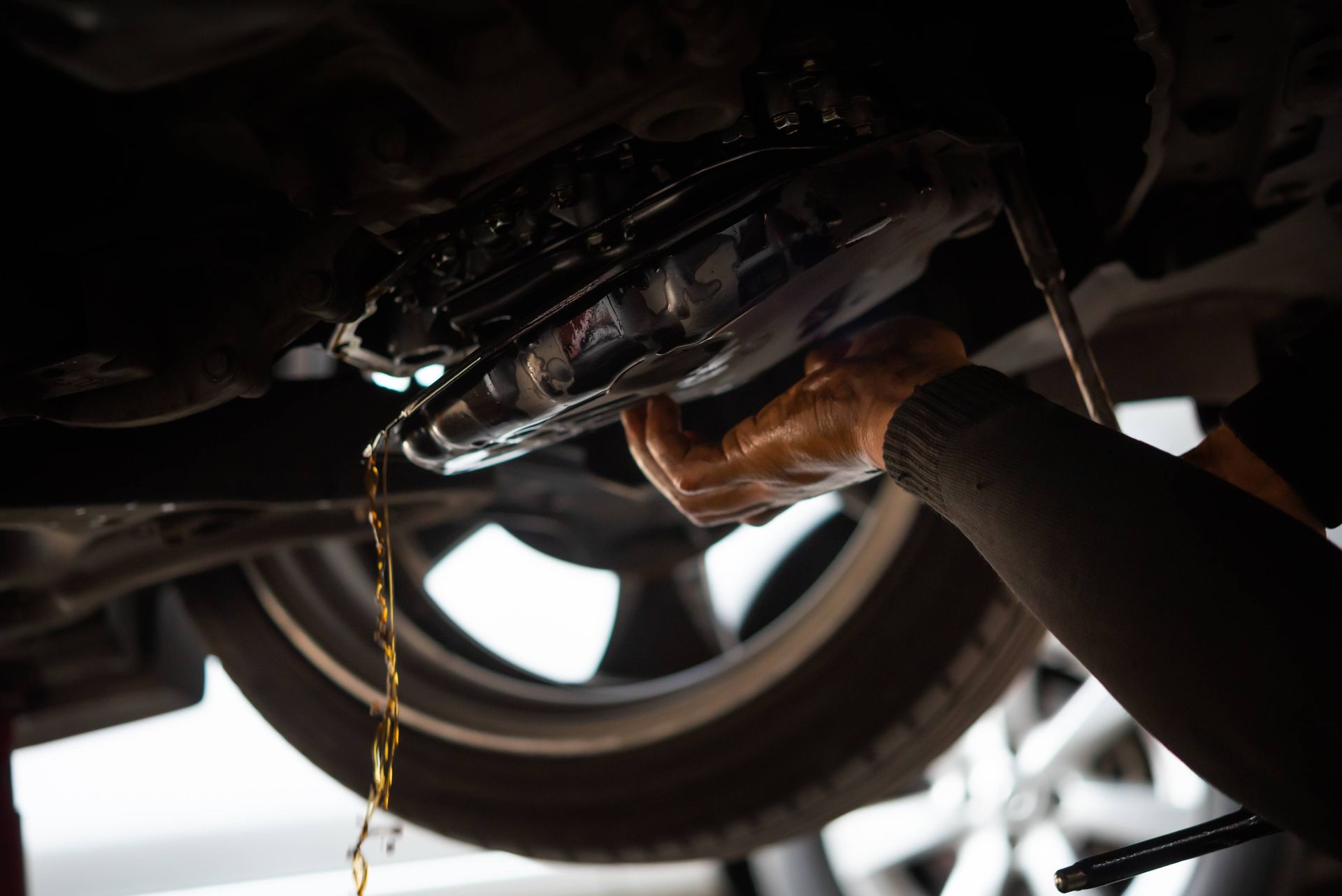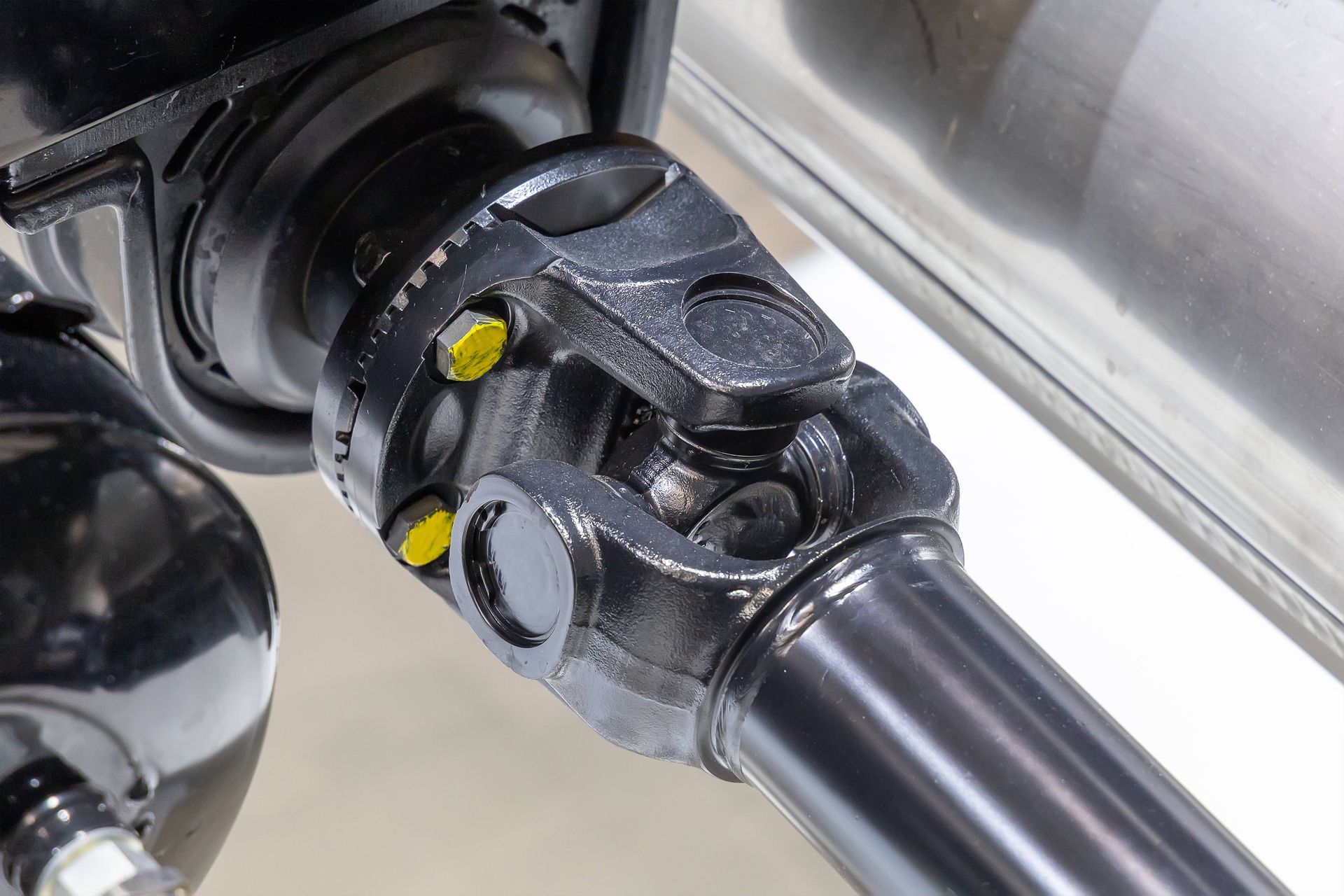Does Hitting the Car Brake Hard Affect Your Transmission?
Everyone hits their car brake too hard sometimes—it’s necessary to avoid crashes in certain cases, and new, overcautious drivers may also hit their brakes too hard on occasion. But what happens when it becomes a habit?
The way you drive significantly influences the condition of a vehicle’s mechanical components. The experts at Mr. Transmission understand the relationship between your brake issues and transmission systems; we often repair vehicles with problems caused by frequent brake slamming. And when people realize how one affects the other, they often change their driving habits.
The Connection Between the Car Brake and Transmission
Braking and transmission systems work together for smooth driving experiences:
- The primary purpose of brakes is to slow down or stop the vehicle.
- The transmission delivers power to the wheels.
Abrupt or forceful braking doesn’t directly harm the transmission, but the overall strain on your car can have long-term effects. Hard braking can cause the engine to shift abruptly between gears, especially in automatic cars. This sudden motion can create stress on the drivetrain components, which include the transmission. Over time, repetitive strain from frequent hard stops can contribute to wear and tear on these systems.
Can Hard Braking Lead to Brake Issues?
Forceful stops can lead to more than transmission problems; excessive hard braking causes unnecessary wear on the brake pads and rotors. Additionally, overheating from constant sudden stops can reduce braking efficiency, leaving you with compromised stopping power over time.
There’s also this: When brakes are consistently pushed to their limits, they may begin to warp or develop uneven surfaces. That unevenness can cause vibrations during braking, reduced control, and higher repair costs. Keeping a close eye on your braking habits can help you avoid costly maintenance down the road.
How to Prevent Transmission and Brake Issues
To keep your vehicle in top shape, adopt driving habits that promote longevity for the brakes and the transmission:
- Anticipate Stops: Look ahead and plan for slowdowns. That reduces the need for sudden stops, preserving brake components and drivetrain systems.
- Lighten the Load: Heavy cargo increases stress on braking and transmission systems. Travel lighter to ease the strain on your car.
- Regular Maintenance: Schedule routine inspections to keep your brakes and transmission functioning optimally.
- Avoid Riding the Brakes: Keeping your foot on the brake pedal unnecessarily generates heat and accelerates wear. Use brakes only when needed, and shift to lower gears on steep descents to control speed. trouble.
How to Identify and Address Transmission Issues
Give us a call if you notice any transmission issues. A common sign of trouble is slipping gears, where the car unexpectedly changes gears or fails to shift properly. Another is when the vehicle hesitates or struggles to accelerate. Unusual noises like grinding, whining, or clunking sounds when shifting can also signal an issue.
Additionally, if the transmission fluid drains too quickly, discolors, or has a burnt smell, it’s a clear sign to bring your car in. Warning lights on the dashboard, like the check engine light, may also indicate transmission problems that require immediate attention.
Keep Your Car in Gear: Visit Our Transmission Shop Near Cincinnati, OH
Your vehicle’s performance relies heavily on the harmony between its braking and transmission systems. If you notice any changes in your vehicle’s braking or gear shifting, don’t wait—consult Mr. Transmission, and we’ll keep your car running smoothly on the road ahead. Our team helps with everything from transmission tune-ups and
repairs to complete
transmission replacements.
For information, contact us in Sharonville, Cincinnati, Northgate, West Chester, Mason, and Mainville, OH.


